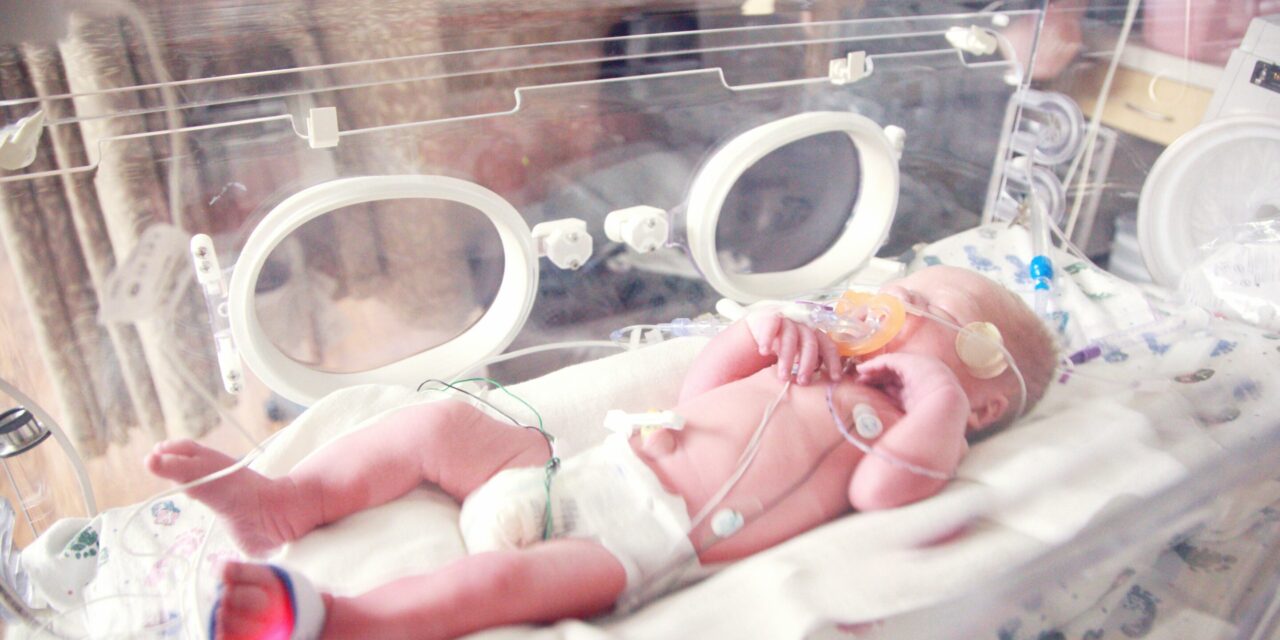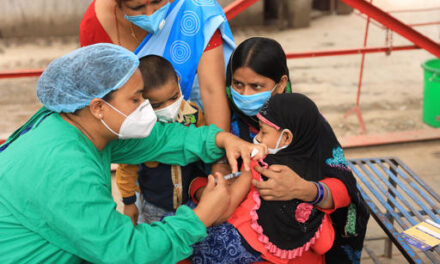A new study from Columbia University reveals that the cost of childbirth and postpartum care is creating significant and ongoing financial hardship for lower-income families, particularly those with commercial insurance. The study, published in The Milbank Quarterly, found that the financial burden of childbirth is a serious concern for many families, even those with insurance coverage.
According to the researchers, about half of U.S. births are covered by commercial health insurance, which typically involves cost-sharing in the form of deductibles, copayments, and coinsurance. The study, led by Dr. Jamie Daw from Columbia’s Mailman School of Public Health and Dr. Heidi L. Allen from the School of Social Work, analyzed data from 4,453 postpartum individuals—1,544 with Medicaid and 2,909 with commercial insurance. The survey, part of the Postpartum Assessment of Health Survey (PAHS), was conducted 12 to 14 months after birth in six states and New York City.
The findings highlight that over half of those with commercially insured births spent more than $1,000 out of pocket on childbirth. Nearly 40% of these respondents expressed concern about their ability to pay healthcare bills, reflecting the financial strain faced by many new parents. Lower-income individuals—defined as those with annual incomes under $60,000—reported particularly high levels of financial stress. Almost half of this group still owed money for childbirth costs, with 16% having made no payments at all. Moreover, 1 in 5 had medical debt in collections.
On the other hand, Medicaid coverage was found to be a financial safeguard for many families. The study showed that the vast majority of people with Medicaid-covered births (80%) did not incur any out-of-pocket costs for childbirth or postpartum care. However, even small amounts of cost-sharing among Medicaid enrollees still led to financial strain, with 1 in 3 owing money and over 25% having made no payments 12 to 14 months after birth.
Dr. Allen pointed out that out-of-pocket costs for childbirth and postpartum care come during a period of financial vulnerability for families. “There are significant costs associated with a new baby, including diapers and childcare. Many people take unpaid family leave or reduce their working hours, making it harder to absorb these expenses. Making childbirth more affordable should be a public policy priority,” she said.
The researchers suggest policy changes to ease the financial burden, particularly for people on Medicaid. They recommend that the Centers for Medicare and Medicaid Services or states eliminate all cost-sharing for pregnant and postpartum individuals. They also propose the possibility of supplemental Medicaid coverage for lower-income people with commercial insurance and exemptions from cost-sharing for pregnancy and postpartum services.
Dr. Daw emphasized that improving the affordability of childbirth could be an investment in early child health and development. “Policies aimed at making childbirth more affordable can also help ensure that families have the resources they need to provide their children with essentials like healthy food, stable housing, and quality childcare,” she said. “This is an often-overlooked consequence of the high medical costs of childbirth in the United States.”
The study, which was co-authored by Chen Liu, Mandi Spishak-Thomas, and Kristen Underhill, underscores the importance of addressing the financial challenges associated with childbirth in order to support the well-being of both parents and children in the U.S.
For more information, see the study: When the Bough Breaks: The Financial Burden of Childbirth and Postpartum Care by Insurance Type, published in The Milbank Quarterly (2024). DOI: 10.1111/1468-0009.12721.











